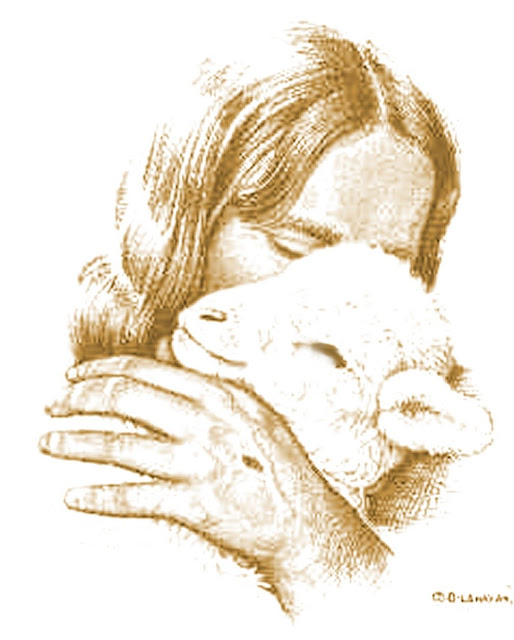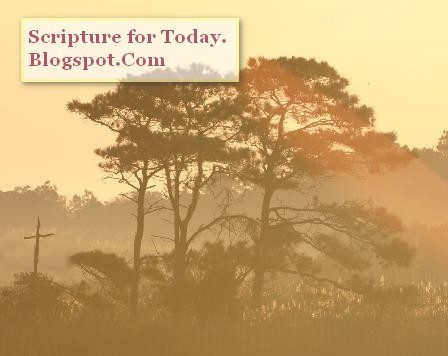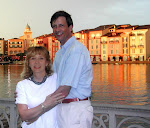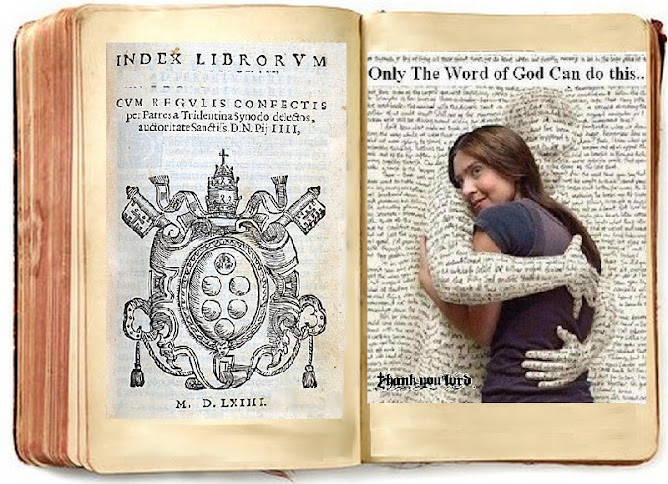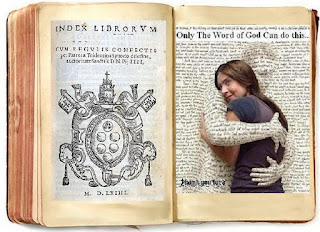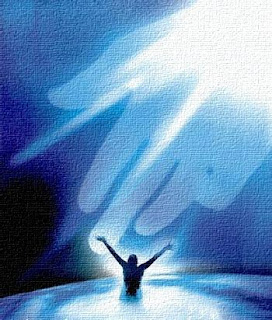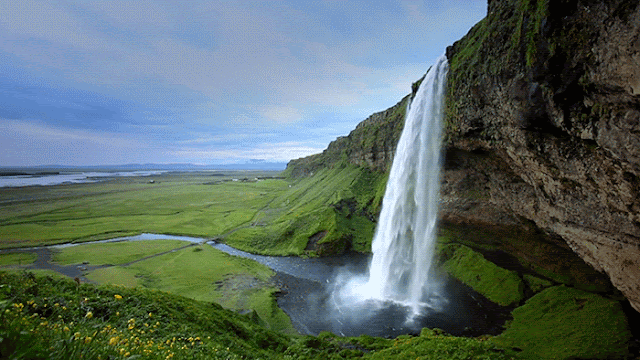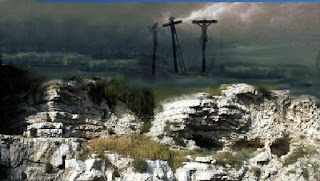Nehemiah 11
Now the leaders of the people lived in Jerusalem. And the rest of the people cast lots to bring one out of ten to live in Jerusalem the holy city, while nine out of ten remained in the other towns. 2 And the people blessed all the men who willingly offered to live in Jerusalem.
3 These are the chiefs of the province who lived in Jerusalem; but in the towns of Judah everyone lived on his property in their towns: Israel, the priests, the Levites, the temple servants, and the descendants of Solomon's servants. 4 And in Jerusalem lived certain of the sons of Judah and of the sons of Benjamin. Of the sons of Judah: Athaiah the son of Uzziah, son of Zechariah, son of Amariah, son of Shephatiah, son of Mahalalel, of the sons of Perez; 5 and Maaseiah the son of Baruch, son of Col-hozeh, son of Hazaiah, son of Adaiah, son of Joiarib, son of Zechariah, son of the Shilonite. 6 All the sons of Perez who lived in Jerusalem were 468 valiant men.
7 And these are the sons of Benjamin: Sallu the son of Meshullam, son of Joed, son of Pedaiah, son of Kolaiah, son of Maaseiah, son of Ithiel, son of Jeshaiah, 8 and his brothers, men of valor, 928. 9 Joel the son of Zichri was their overseer; and Judah the son of Hassenuah was second over the city.
10 Of the priests: Jedaiah the son of Joiarib, Jachin, 11 Seraiah the son of Hilkiah, son of Meshullam, son of Zadok, son of Meraioth, son of Ahitub, ruler of the house of God, 12 and their brothers who did the work of the house, 822; and Adaiah the son of Jeroham, son of Pelaliah, son of Amzi, son of Zechariah, son of Pashhur, son of Malchijah, 13 and his brothers, heads of fathers' houses, 242; and Amashsai, the son of Azarel, son of Ahzai, son of Meshillemoth, son of Immer, 14 and their brothers, mighty men of valor, 128; their overseer was Zabdiel the son of Haggedolim.
15 And of the Levites: Shemaiah the son of Hasshub, son of Azrikam, son of Hashabiah, son of Bunni; 16 and Shabbethai and Jozabad, of the chiefs of the Levites, who were over the outside work of the house of God; 17 and Mattaniah the son of Mica, son of Zabdi, son of Asaph, who was the leader of the praise,[f] who gave thanks, and Bakbukiah, the second among his brothers; and Abda the son of Shammua, son of Galal, son of Jeduthun. 18 All the Levites in the holy city were 284.
19 The gatekeepers, Akkub, Talmon and their brothers, who kept watch at the gates, were 172. 20 And the rest of Israel, and of the priests and the Levites, were in all the towns of Judah, every one in his inheritance. 21 But the temple servants lived on Ophel; and Ziha and Gishpa were over the temple servants.
22 The overseer of the Levites in Jerusalem was Uzzi the son of Bani, son of Hashabiah, son of Mattaniah, son of Mica, of the sons of Asaph, the singers, over the work of the house of God. 23 For there was a command from the king concerning them, and a fixed provision for the singers, as every day required. 24 And Pethahiah the son of Meshezabel, of the sons of Zerah the son of Judah, was at the king's side in all matters concerning the people.
25 And as for the villages, with their fields, some of the people of Judah lived in Kiriath-arba and its villages, and in Dibon and its villages, and in Jekabzeel and its villages, 26 and in Jeshua and in Moladah and Beth-pelet, 27 in Hazar-shual, in Beersheba and its villages, 28 in Ziklag, in Meconah and its villages, 29 in En-rimmon, in Zorah, in Jarmuth, 30 Zanoah, Adullam, and their villages, Lachish and its fields, and Azekah and its villages. So they encamped from Beersheba to the Valley of Hinnom. 31 The people of Benjamin also lived from Geba onward, at Michmash, Aija, Bethel and its villages, 32 Anathoth, Nob, Ananiah, 33 Hazor, Ramah, Gittaim, 34 Hadid, Zeboim, Neballat, 35 Lod, and Ono, the valley of craftsmen. 36 And certain divisions of the Levites in Judah were assigned to Benjamin.
Nehemiah 11:1 Hebrew nine hands
"Mark Twain" (meaning "Mark number two") was a Mississippi River term: the second mark on the line that measured depth signified two fathoms, or twelve feet—safe depth for the steamboat. If we read this passage we are going to think about why wouldn't you want to live in a city.
This particular city, Jerusalem, was in complete ruins.


The passage was like a newspaper article and would be vastly interesting to the former Jewish slaves choosing to remain in the Persian empire. People who had become very comfortable in the Persian Empire and chose to remain. Like Hadassah and Mordecai.
Esther 2:5-11
Now there was a Jew in Susa the citadel whose name was Mordecai, the son of Jair, son of Shimei, son of Kish, a Benjaminite, 6 who had been carried away from Jerusalem among the captives carried away with Jeconiah king of Judah, whom Nebuchadnezzar king of Babylon had carried away. 7 He was bringing up Hadassah, that is Esther, the daughter of his uncle, for she had neither father nor mother. The young woman had a beautiful figure and was lovely to look at, and when her father and her mother died, Mordecai took her as his own daughter. 8 So when the king's order and his edict were proclaimed, and when many young women were gathered in Susa the citadel in custody of Hegai, Esther also was taken into the king's palace and put in custody of Hegai, who had charge of the women. 9 And the young woman pleased him and won his favor. And he quickly provided her with her cosmetics and her portion of food, and with seven chosen young women from the king's palace, and advanced her and her young women to the best place in the harem. 10 Esther had not made known her people or kindred, for Mordecai had commanded her not to make it known. 11 And every day Mordecai walked in front of the court of the harem to learn how Esther was and what was happening to her.
Scripture is about being surrounded by life.
The people who left slavery are finding life difficult. The people choosing to remain in their familiar comfort are having difficulty.
My grandmother and her sister would read the newspapers from Lousiana the same day each week, pouring over what was going on in Franklinton and Richardson, Louisiana.
This passage was extremely important - saying a destroyed nation has people thronging into the city and the country - creating a new nation. People had a choice to make, were they staying with the familiar or braving the elements? The important choice wasn't the judgements of the neighbors or the community. We can clearly see the people praying to fulfill God's plan for their lives, made a difference. The Christians choosing to die bravely in the coliseum made a huge difference. And the Christians who fled for their lives, carried Scripture and the Good News of Jesus Christ with them.
So when faced with challenges -
the important consideration is what God would have you do each day with your prayer, your words, your actions. Asking Him to help you build the life He wants.
How did the the Jews survive being forced to walk away from their families, their small children, their ruined homes and towns? Not many nations would be a people, much less a returning slave population with the blessing of the Emperor. Three Emperors were so impressed with the Jews they vowed to return their nation. Twice the promise did not come to pass. What would be the consideration allowing these destroyed people to serve with such magnitude the people around them were impressed?
What can we say made the conquered nation be an inspiration to the Persian Emperors?
How did survival become praise, becoming a nation again?
God did not leave them alone. Jeremiah convinced them, upon disaster, the LORD was trying to tell them to straighten up and fly right - trusting and honoring HIM. To their credit, they believed Jeremiah, a bit late, but they believed Him. Ezekiel rose up and agreed with Jeremiah. Saying don't despair He will rescue and raise us for being HIS people. God provided them, in their darkest hour, with prophesy that would require belief and trust. The Children of Israel in Nehemiah 11 are seeing the Lord's Promises bring them into safe harbor.
Being our Father God of mercy, the remnants not returning are found a plan carrying their faith into the milleniums.
He has carried others who honor HIM in other millenniums - He is still working and doesn't plan to drop us on our heads.



























